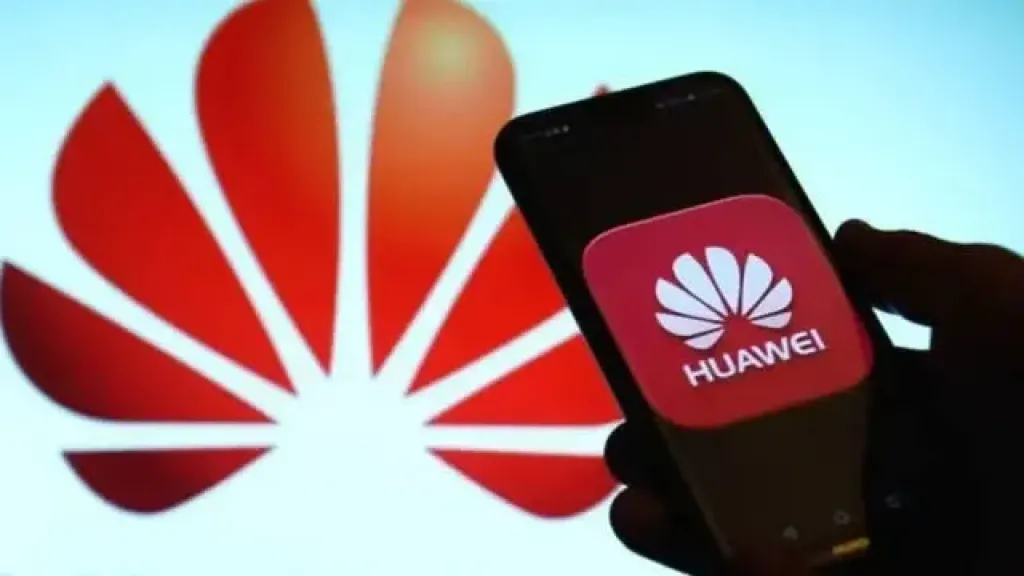Huawei Fully Open-Sources Its Chip Software Ecosystem ‘CANN’ to Boost AI Innovation

Chinese tech giant Huawei has officially announced the full open-sourcing of its chip software ecosystem Ascend CANN (Compute Architecture for Neural Networks), aiming to empower users to independently explore its vast potential and develop customized solutions.
The move, unveiled at the Ascend Computing Industry Summit held in Beijing earlier this week, marks a significant milestone in Huawei's long-term strategy to build a robust, open AI computing ecosystem around its Ascend AI chips.
CANN serves as a critical bridge between high-level AI training frameworks and the underlying chip hardware, allowing developers to access powerful computing capabilities without needing to engage with low-level chip complexities.
A New Model in AI Software Ecosystems
While major computing power platforms globally—such as NVIDIA’s CUDA—have developed proprietary, closed-source ecosystems over the past two decades, Huawei’s CANN has taken a different route by embracing open-source technology.
Huawei stated to Xinhua News Agency that after seven years of development, CANN has achieved major breakthroughs in computational performance, communication efficiency, and memory management, providing consistent support for AI model training and deployment throughout the entire lifecycle.
Industry-Wide Collaboration
During the summit, representatives from leading AI companies, universities, research institutions, and Huawei's ecosystem partners jointly launched an initiative to co-develop and expand the open-source CANN ecosystem. The goal is to pool industry resources, accelerate AI development, and foster a thriving chip ecosystem in China and beyond.
Huawei’s Strategic Focus on Compute Power
In his keynote speech, Xu Zhijun, Huawei's rotating chairman, reaffirmed that computing power remains central to the company’s AI strategy. By fully open-sourcing CANN, Huawei aims to lower barriers to entry and encourage innovation across academic and commercial sectors.
This step follows the company’s previous open-source releases, including the HarmonyOS operating system and the MindSpore AI framework, reflecting Huawei's broader effort to democratize access to foundational technologies in response to evolving global tech dynamics and supply chain challenges.
As the global AI race intensifies, Huawei’s decision to open up its chip software stack may help position it as a formidable force in shaping the future of AI infrastructure—particularly in markets seeking alternatives to U.S.-dominated ecosystems.


